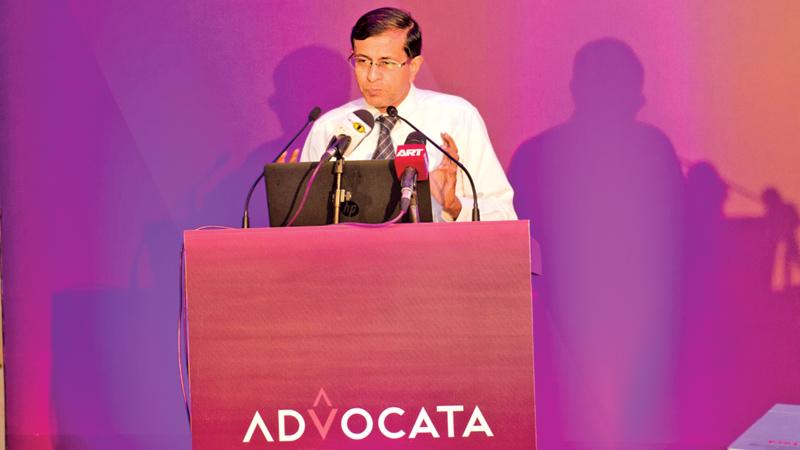
Changing trade patterns have given a different dimension to global trade and this has resulted in a slow down of export led growth, Advisor, Office of Chief Economist, Asian Development Bank, Dr. Ganeshan Wignaraja said.
China’s manufacturing trends are changing and business falling out of China is not being attracted by Sri Lanka. It is going to the Philippines due it having a large and cheaper labour force, he said.
Delivering a lecture titled ‘Has the era of export led growth ended? Implications for Asia and Sri Lanka’, he said that rate of trade has come down and there is a bout of export pessimism. However, mapping export slow down is necessary.
“It is important to explore new trading opportunities and implications while addressing critical constrains of red tape and productivity.
In the hey days of globalization trade grew at 18 percent and before Asian financial crisis and since the global crisis, things have slowed down,” he said.
China recorded 4 percent trade growth, while the rest of Asia recorded less than that. Trade grew as much as twice that of GDP in the recent past. However, recently it grew 4.3 percent. Trade will be less of a driver of growth in the future, Dr. Wignaraja said.
Developing Asia saw an upturn last year and did better with Sri Lanka recording 3.4 percent and China 8 percent. The IMF has forecast that trade growth to be 4.5 percent in 2017.
Sri Lanka’s export base is US $ 16 billion and we have not sustained diversification for the country to prosper. The BPO and IT sector has a huge potential. However, it did not take off as expected, he said.
The skills development in quantitative trade policy analysis, trade negotiation strategies, and the potential for formulation of a Sri Lanka national trade policy is timely.
Resources for market analysis, economic modeling, trade strategy development, and public-private cooperation is vital in this regard.
The commitment to continual learning and consulting all stakeholders in formulating trade policy is necessary, he said
One of the reasons for the export slow down is the lingering weak import demand in advanced countries while the China’s rebalancing has contributed to weak import demand. Services exports may be understated in the region’s exports, thus overstating the fall in goods exports.
The share of intermediate goods to manufactured exports, non-tariff measures in force imposed against developing Asia may also have contributed for the export slow down.
Undue Asian export pessimism seems unwarranted. Weak import demand in advanced countries seems temporary. China’s rebalancing opens new opportunities for China and other SMEs and large firms in supply chain trade in Asia. The share of services to GDP and total exports is growing. However, Sri Lanka’s export volume is small compared to Asia.
There is potential in the global trade and to realize these opportunities Asian countries should implement structural reforms to reduce behind the boarder barriers, upgrade skills, enhance logistics, improve infrastructure facilities and access to SME finance. Apart from demand side policies, the supply side factors such as productivity, price quality delivery need to be improved. There are some gaps. However, Sri Lanka has done well and needs to improve. Sri Lanka should be a much more competitive economy to record an export led growth. A pragmatic approach to Asian FTAs is necessary. The mainstream FTAs should be part of the national development strategies. It is vital to consolidate Asian FTA regionalism and needs to support WTO reforms for better results, he said. “We are to be in a more difficult trade environment in the future. The developing Asia’s export growth has slowed down since the global financial crisis. Trade in next 2 to 3 years will be important, but will play a different role. We will do better in future than the past two to three years in trade,” Dr. Wignaraja said.
